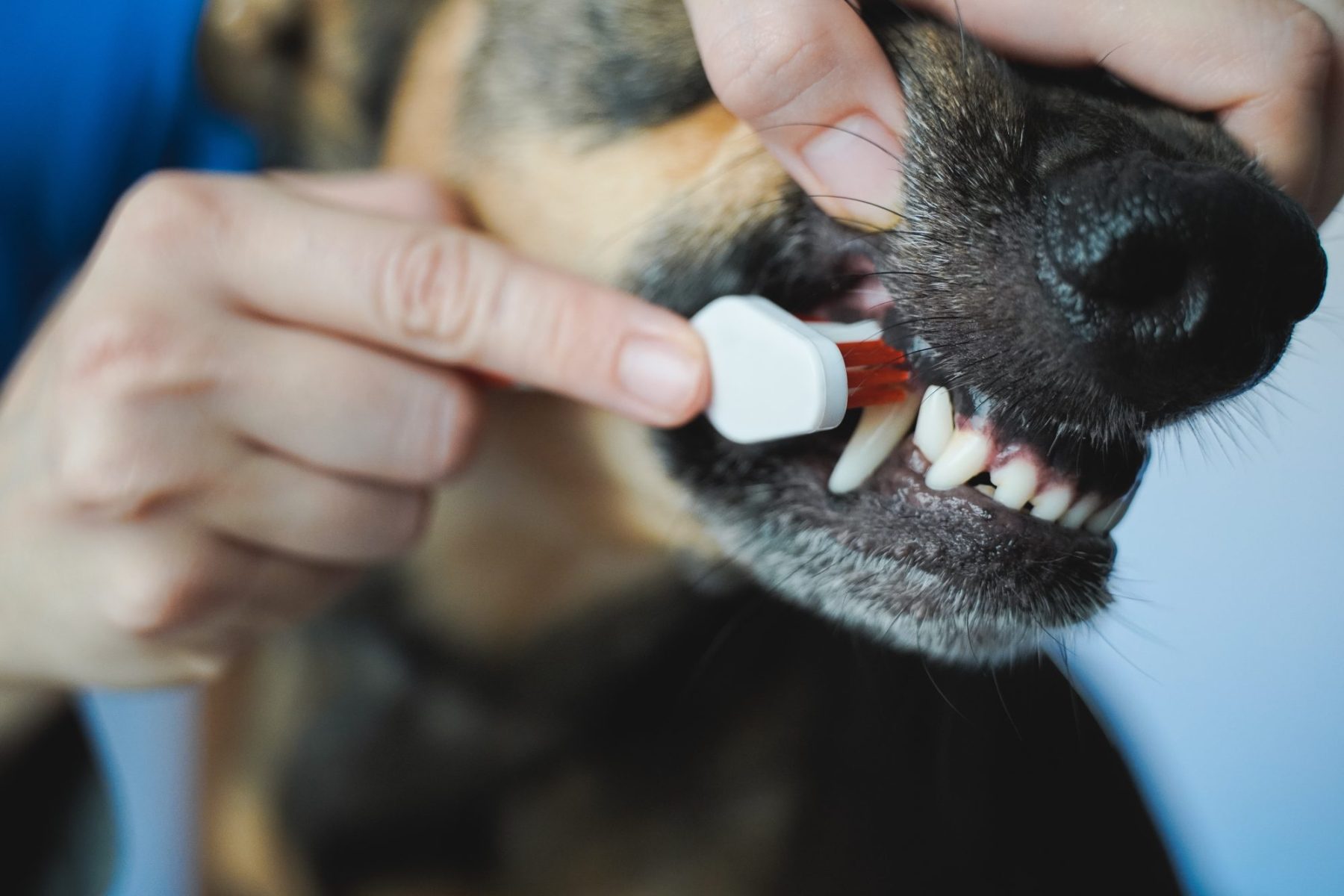Latest Blog
Many pet owners feel anxious when their beloved small pets need to undergo surgery, especially when it involves anesthesia. These concerns are valid, since anesthesia is a fairly complex process; however, when performed correctly under expert care, it is an essential part of ensuring the safety and comfort of your pet before, during, and after any surgical procedure. The experts at Blue Lake Animal Hospital are here to explain further.
Understanding Anesthesia in Small Pets
Anesthesia works by temporarily inducing unconsciousness, relaxing muscles, and eliminating pain sensations during surgical procedures. For pocket pets such as rabbits, guinea pigs, or hamsters, the process is much the same as it is for humans, with some additional considerations.
At reputable animal hospitals and surgery centers, specialized veterinary professionals employ strict anesthesia protocols. These protocols take into account factors including an animal’s size, age, species, health history, and current health to select safe and effective medications.
What Makes It Unique for Small Animals?
Small pets tend to have faster metabolic rates and smaller organ systems, which means the dosage and drug selection need to be precisely calculated. Veterinarians also utilize specialized tools like advanced monitoring equipment to keep a close eye on your pet’s heart rate, oxygen levels, and blood pressure throughout the procedure.
Safety Measures and Protocols
Patient safety is a top priority before, during, and after the administration of anesthesia. Veterinary teams take care of their patients throughout the process by incorporating the following safety protocols:
- Specific Anesthesia Administration
Each pet’s anesthetic needs are carefully curated and adjusted based on their species, size, and medical history to ensure the safest possible outcome.
- Comprehensive Pre-Anesthetic Testing
To minimize risks, veterinarians can perform physical exams and any necessary diagnostics to identify existing health concerns.
- Continuous Monitoring During Surgery
Advanced tools are used to track vital signs in real time, ensuring that any changes are immediately and appropriately addressed.
These steps are essential for ensuring your pet not only remains stable during anesthesia, but also is prepared to recover smoothly afterward.
The Role of Pet Owners in Preparing for Anesthesia
You play an essential role in ensuring your pet’s surgery and anesthesia go smoothly. Some ways you can prepare include:
- Follow all pre-surgical instructions provided by your vet, such as fasting or reducing stress for your pet.
- Share your pet’s thorough medical history, including any past surgeries or medication allergies.
- Ask questions! Understanding the process beforehand will help provide you with peace of mind.
Why Trust Blue Lake Animal Hospital with Your Pet’s Surgical Care?
At Blue Lake Animal Hospital, we combine compassion and expertise to deliver top-tier veterinary care. Our veterinary staff provides individualized attention for every patient, ensuring that all pocket pets receive the thoughtful, expert care they deserve. Whether it’s a routine procedure or something more complex, you can feel confident knowing your pet is safe in our skilled, caring hands.
Have questions about anesthesia or your pet’s upcoming surgery? Contact our team today—we’re here to provide the compassionate, experienced pet care you need.

Visit Our Online Pharmacy
Managing your pet’s medical needs is easy when you use our online pharmacy. Renew your pet’s prescription and purchase FDA-approved medication right from the comfort of your home. If you have any questions, contact us to speak with a trusted veterinarian.







